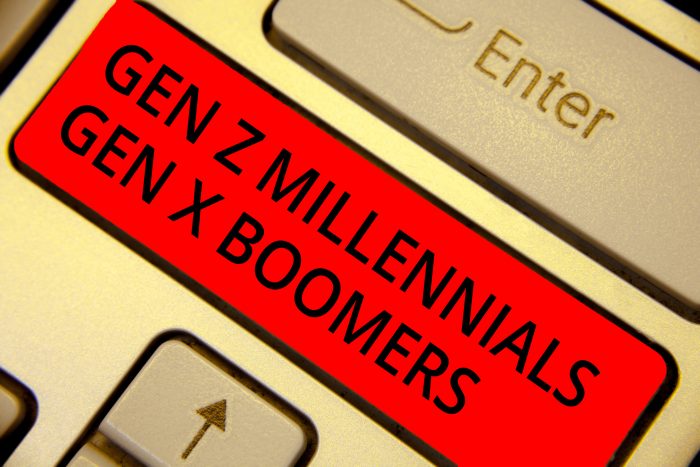Raise the Retirement Age or Lower It? Gen Z and Millennials Weigh In - CPA Practice Advisor

Many proposals to address the Social Security program’s evaporating financial reserves include a recommendation to add a few years to the full retirement age (FRA) provision, perhaps extending it as far as age 70 from its current age 67. Advocates of this recommendation cite 21st-century economics and the life expectancy projections now in place compared to those used to set the current parameters five decades ago. The matter promises to be a hotly contested part of the debate on Social Security reform, since on one hand FRA setbacks offer a substantial long-term benefit in preserving the trust fund balances, but on the other hand are viewed as significant benefit cuts.
In the midst of the FRA debate, the perspectives of Millennials and Gen Zers offer a totally different view, as explained in an article posted by CPA Practice Advisor Managing Editor Isaac O’Bannon. His article recaps a recent ResumeBuilder.com survey, and notes that “According to a new survey of attitudes toward careers and retirement, 51 percent of millennials and Gen Zers surveyed say they want to lower the retirement age. Of that group, 59 percent say the retirement age should be adjusted to age 60 or younger.” If these thoughts are truly representative of these two population segments, then that’s a significant factor in the argument, since together they represent a hefty block of the total population–Millennials, those with birth years between 1981 and 1996, and Gen Zers, with birth years from 1997 to 2012, together comprise more than 40% of the total population.
The rationale expressed by the Millennial and Gen Z survey responders covers several key viewpoints. Among them are the belief that earlier retirements could create more job openings for younger workers, as well as the humanitarian issue of freeing older workers to enjoy a longer post-career life. But perhaps another factor driving attitudes on the FRA debate might be the statistic that says “41 percent believe it is ‘somewhat’ or ‘very unlikely’ that social security funds will still be available for them when they retire.”
All-in-all, a bit of a mixed bag, but still something that needs to be thrown into the recipe as Social Security reform measures are considered. For additional background on Mr. O’Bannon’s thoughts, including a link to the resumebuilder.com study, click here.
The link provided above connects readers to the full content of the posted article. The URL (internet address) for this link is valid on the posted date; socialsecurityreport.org cannot guarantee the duration of the link’s validity. Also, the opinions expressed in these postings are the viewpoints of the original source and are not explicitly endorsed by AMAC, Inc.; the AMAC Foundation, Inc.; or socialsecurityreport.org.
